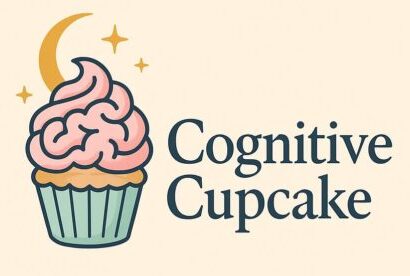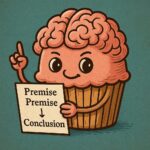
What if I told you that long before MRI scanners, peer-reviewed journals, and overcaffeinated psychologists, Buddhist monks were already mapping out the human mind with astonishing precision? Buddhism, with its introspective traditions, offers insights that modern psychology is only now catching up to.
The Illusion of the Self
In Buddhist philosophy, particularly within the doctrine of anatta (non-self), the “self” is seen as an illusion—a convenient narrative constructed by the brain. Sound familiar? Modern neuroscience has reached strikingly similar conclusions. Studies in cognitive science suggest that our sense of a unified, continuous self may be a construct of various neural processes interacting (Metzinger, T. 2003. Being No One).
Mindfulness: Ancient Practice, Modern Therapy
Mindfulness meditation (derived from the Pali term sati) has been practiced for over 2,500 years. Its modern counterpart, Mindfulness-Based Stress Reduction (MBSR), developed by Jon Kabat-Zinn in the late 20th century, is now a widely accepted therapeutic technique. Randomized controlled trials have demonstrated mindfulness’s effectiveness in reducing anxiety, depression, and even chronic pain (Khoury et al., 2013. Journal of Psychosomatic Research).
Suffering, Attachment, and Cognitive Behavioral Therapy
The Buddhist concept of dukkha (suffering) explains that much of our mental distress arises from attachment and craving. Sound familiar again? Cognitive Behavioral Therapy (CBT) operates on similar principles, targeting irrational beliefs and attachments that fuel emotional suffering. While CBT uses worksheets and homework, Buddhism offers meditation and ethical practice—but both seek to reframe how we experience the world.
Neuroplasticity and The Eightfold Path
Modern neuroscience shows that repeated behaviors and thoughts physically reshape the brain—a phenomenon known as neuroplasticity. The Buddhist Eightfold Path can be seen as an ancient form of cognitive restructuring, systematically altering behavior, intention, and cognition to cultivate well-being (Lutz et al., 2008. PLoS Biology).
Where Psychology Meets Dharma
While psychology often aims for clinical applications, Buddhism offers a comprehensive life philosophy. Yet, both disciplines converge on the insight that our experience of reality is mediated by the mind, and that skillful mental training can alleviate suffering. In short: your therapist and your Buddhist monk might agree more than you think.
Disclaimer: This article was generated with AI and fact-checked for accuracy. Sources: Metzinger (2003), Khoury et al. (2013), Lutz et al. (2008).








